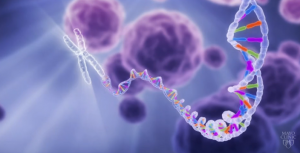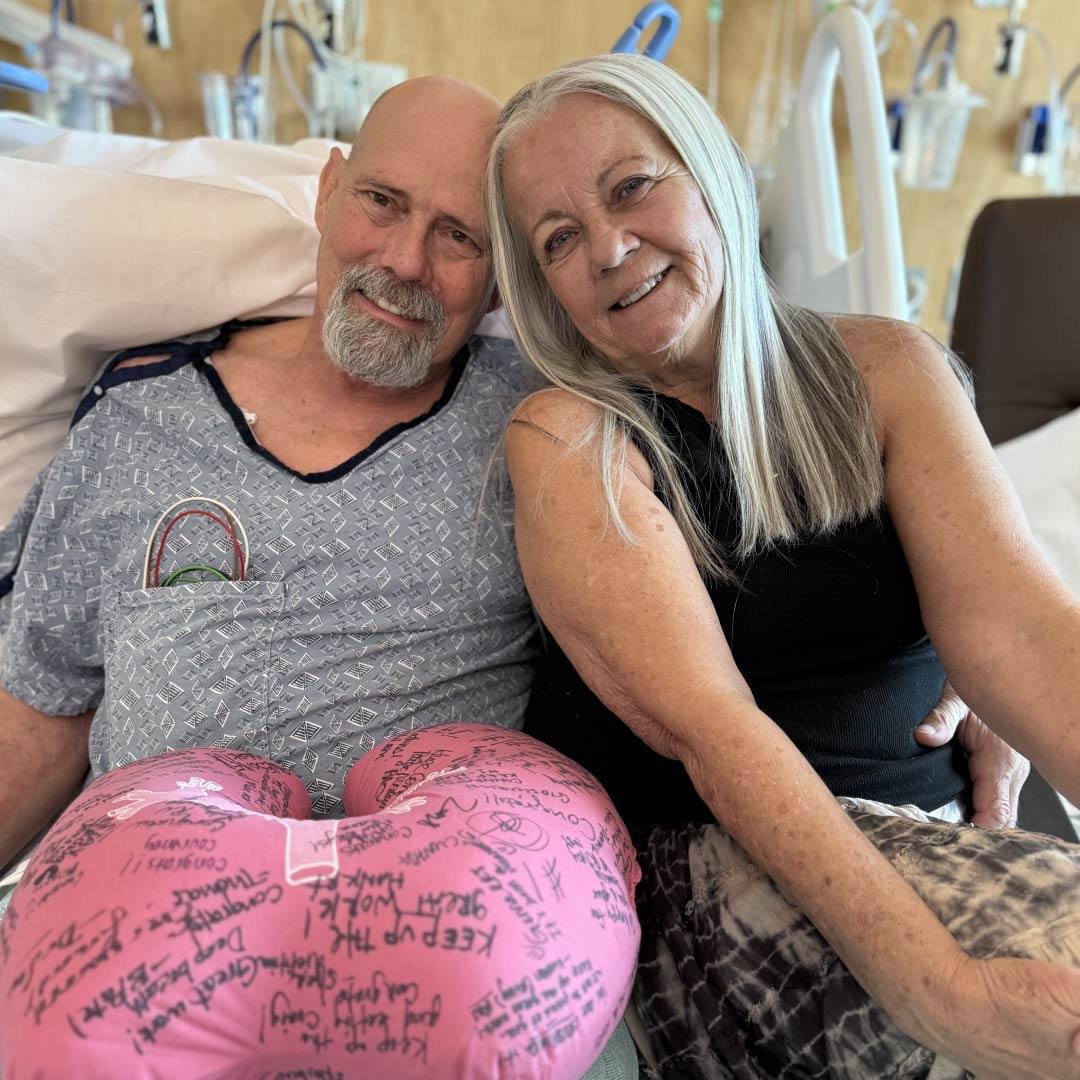-
‘Liquid biopsy’ Promotes Precision Medicine by Tracking Patient’s Cancer
Circulating tumor DNA in blood could inform physicians on best treatments for individual patients
PHOENIX, Ariz. - Nov. 4, 2015 - A team of researchers, including scientists from the Translational Genomics Research Institute (TGen), has reported that analyzing circulating tumor DNA (ctDNA) can track how a patient's cancer evolves and responds to treatment.
In a study published today in Nature Communications, Dr. Muhammed Murtaza of TGen and Mayo Clinic, and colleagues, describe an extensive comparison between biopsy results and analysis of ctDNA in a patient with breast cancer. The researchers followed the patient over three years of treatment. "When patients receive th erapy for advanced cancers, not all parts of the tumor respond equally, but it has been difficult to study this phenomenon because it is not practical to perform multiple, repeated tissue biopsies," said Dr. Murtaza, Co-Director of TGen's Center for Noninvasive Diagnostics, and one of the study's lead authors. "Our findings empirically show that ctDNA analysis from blood samples allows us to detect cancer mutations from multiple different tumor sites within a patient and track how each of them responds," Dr. Murtaza said.
erapy for advanced cancers, not all parts of the tumor respond equally, but it has been difficult to study this phenomenon because it is not practical to perform multiple, repeated tissue biopsies," said Dr. Murtaza, Co-Director of TGen's Center for Noninvasive Diagnostics, and one of the study's lead authors. "Our findings empirically show that ctDNA analysis from blood samples allows us to detect cancer mutations from multiple different tumor sites within a patient and track how each of them responds," Dr. Murtaza said.
This type of blood test - known as a liquid biopsy - is less invasive, less costly and less risky than conventional tissue biopsies, which essentially are minor surgeries. Obtaining liquid biopsies could occur more frequently, too, thus providing physicians with up-to-date information about how a patient's cancer might be changing. This, in turn, could help in the selection of the best possible treatments to combat the cancer.
Read more in this news release from TGEN.
Read more about research in Mayo Clinic Center for Individualized Medicine
Journalists: Sound bites with Dr. Murtaza are available in the downloads.







